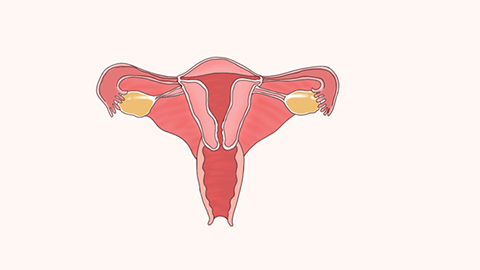Is a full uterus good or bad?
Uterine fullness in itself is not absolutely good or bad; it is considered a normal manifestation under normal physiological conditions, but may indicate abnormalities when caused by pathological factors. Detailed analysis is as follows:

In normal physiological conditions, uterine fullness can occur during pregnancy. After conception, as the embryo develops, the uterus gradually enlarges and becomes fuller, which is a normal change to accommodate fetal growth and an essential process for孕育 life. This type of situation is not a cause for concern. Additionally, some women may experience uterine fullness during their menstrual cycle due to hormonal changes that cause endometrial thickening and myometrial congestion. This typically does not cause other discomforts and is considered a physiological phenomenon.
When uterine fullness is accompanied by abnormal symptoms, it could be caused by diseases. For example, conditions such as uterine fibroids or adenomyosis can cause the uterus to enlarge and appear fuller in shape, often accompanied by increased menstrual bleeding, dysmenorrhea, abdominal pain, and other manifestations. Malignant conditions such as endometrial cancer infiltrating the myometrium can also lead to uterine fullness, often accompanied by irregular vaginal bleeding, discharge, and lower abdominal pain. Uterine fullness caused by these pathological factors requires timely intervention.
When uterine fullness is detected, a comprehensive judgment should be made based on personal symptoms and examination results. If abnormal symptoms are present or test results suggest abnormalities, timely medical consultation is necessary to determine the cause. Regular gynecological examinations and maintaining a healthy lifestyle are also important in daily care.





